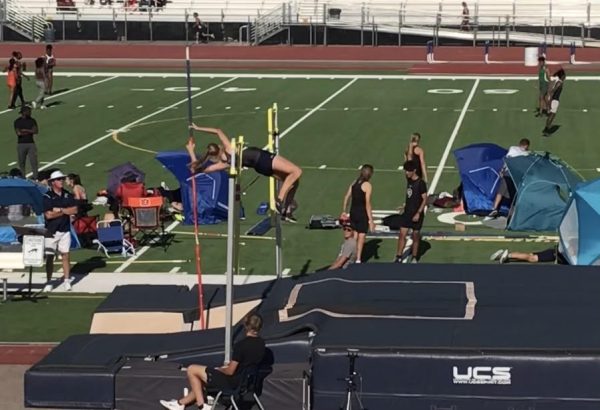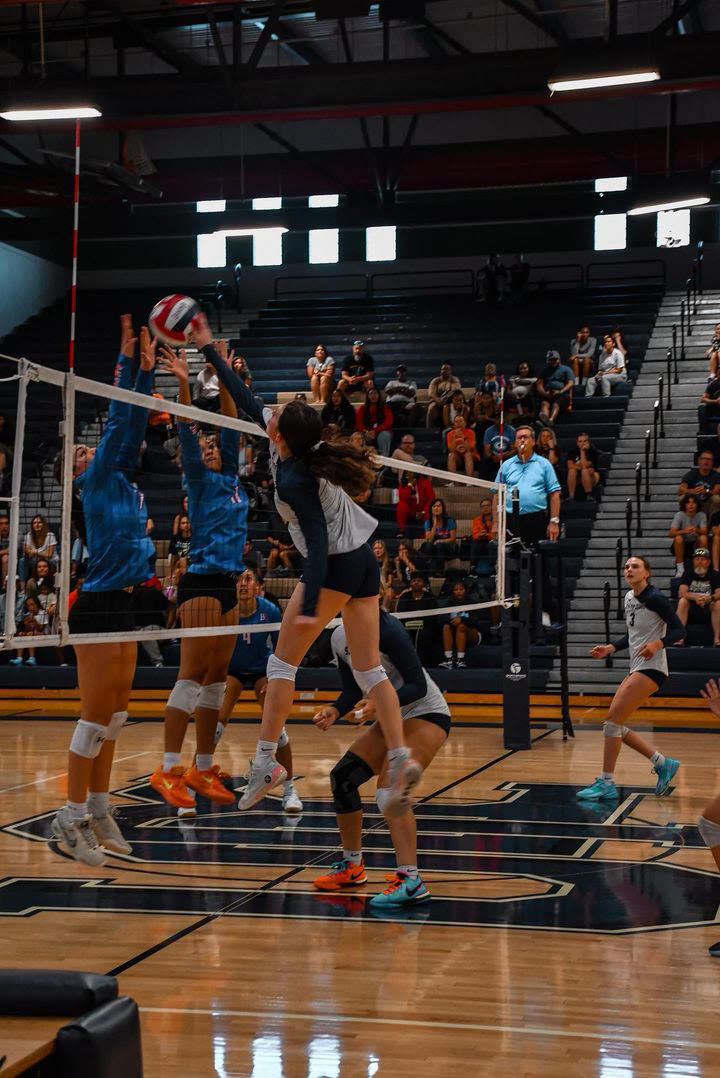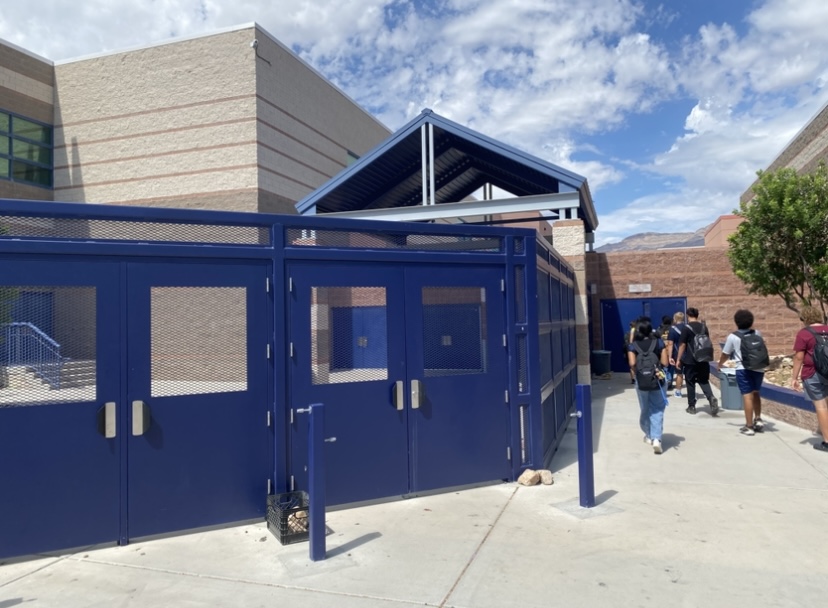Fighting the battle of having to balance both school, and sports, can really take a toll on high school students. Students at Shadow are constantly featured in this battle, trying their hardest to overcome procrastination.
Playing volleyball and competing in track and field for Shadow Ridge, junior, Elaina Smith expresses, “The hardest part of balancing school and sports is that I get very little time to myself. My daily schedule consists of sleep, school, sports, and homework, and then I do it all over again. It can get really mentally challenging.”

Prioritizing mental health, and stability, is an important factor when dealing with having to manage time. Too much, all at once, can get to be a lot at times, especially when grades are such a huge part in determining the future. It’s important to take a step back sometimes, and allow for a refresh, before jumping back into such a crowded schedule.
Junior, Ellie Fisher, pole vaulter for track and field, explains, “The hardest part is the fact that I’m always tired. I don’t get much sleep, because I get home late, wake up early, and it also gets stressful making sure I can make it to both work, and track, on the same day. I try to get my work done with people in class, mainly because it’s just easier to focus in class, and when you have friends helping you, that helps a lot too.”
Having a good support system is just as important in maintaining a healthy balance between school, and sports. Having other people around, who are willing to put in the work to help out with some of the added stress, makes for an impactful social atmosphere.
“Honestly, the balance comes and goes. Some days are better than others. Having a set routine to do things can help, but I usually just like going with the flow. Getting more done at school definitely helps with the sleep schedule, so I have more energy to focus on work and sports,” Fisher states.
Making the time to get everything done, in between events, really aids in taking off a load of stress, while also allowing more time for essential aspects, including rest. Knowing the impact of high school grades on the future can also be a huge part in the drive to get work done.
Smith expresses, “I find motivation to get my school work done, for the sole reason of having greater collegiate opportunities. Using the slippery slope logical fallacy, I believe that if I don’t do my work, I’ll fail the class. If I fail the class, I won’t graduate. If I don’t graduate, I won’t get a job.”









